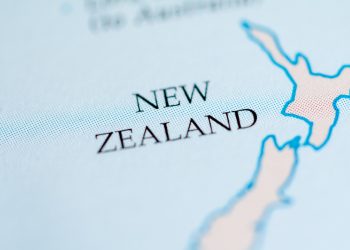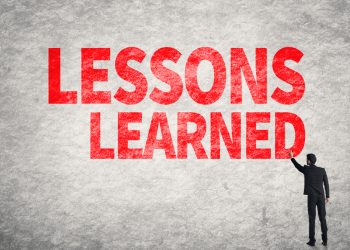Too many eggs in one basket?
There is a great deal of interest in electronic navigation at present. It is regarded as the way forward, offering efficiencies and increased safety through integrated navigation displays, electronic charts and better electronic position finding. But as always, these promises of better things in the future also bring with them some important qualifications in that e-navigation is entirely dependent upon the skills of those using it, that skills are a function of adequate training and that they do not enable navigators with no suitable training to operate like Vasco de Gama!
There are also a number of other important considerations as the industry moves into the e-navigation age. Every additional element of sophistication tends to make a ship more complicated and the officers that much less flexible. There is also an alarming lack of standardisation in the equipment and its software, which makes it unlikely that any two ships will have the same outfit and that officers can move easily from one ship to another with the same facility that they did when vessels were rather less complicated. It is worth remembering the spread of ship ages that there will be in the average fleet.
And while there is a natural assumption that the Global Positioning System, with its friendly and free satellites, will be always available, it is also important to note that this may not always be the case. Things change, and it could be that one should always be considering alternatives. Those, for instance, who use Loran-C should be aware by now that this radio-based navigation system is currently being closed down by its US Coast Guard operators and that there is no replacement planned. Does this matter, with such an evident reliance on GPS?
Maybe not, just as long as it is realised that GPS sometimes goes wrong at critical moments. Former Coast Guard Captain and maritime lawyer Dennis Bryant reminds us on his website that GPS could well be prone to external interference and jamming, while a recent exercise in the North Sea confirmed the chaos aboard a ship during a trial when GPS signals were temporarily jammed. A recent electronic incident which affected GPS in a major Californian port also serves as a warning of both modern lifes possibly unwise reliance on GPS signals and the need to have alternatives always available. We really should not have all our eggs in one basket.
All of which fits in with the UK Marine Accident Investigation Branch Chief Inspector expressing concern at navigational complacency with people failing to check their position by alternative means and making unwise assumptions about what their instruments are telling them. Electronic charts give a comforting and constant fix ones position, but may well not provide a reliable picture of what is beneath the sea surface, being selective in what is displayed. A ferry, which found itself impaled on a wreck not shown on the particular scale of the electronic chart in use, was a perfect example of this hazard and an accident which would probably not have occurred had traditional navigation methods been employed on its bridge. And perhaps a very apposite question to ask of the person selling the latest navigational equipment should be what will this do for me that will pay for such an investment? It is not being a Luddite to reflect that while some new developments, such as radar or the depth finder even GPS offered an obvious payback in performance , not all of these all-singing and all-dancing e-inventions offer such advantages!
Source:Watchkeeper





























































